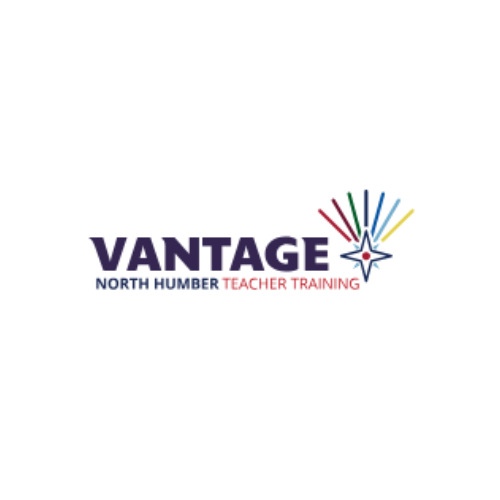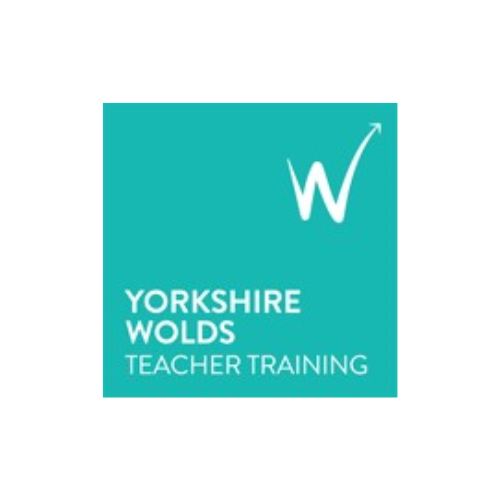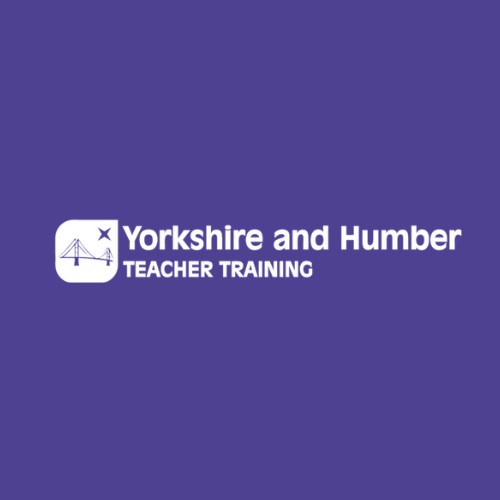Initial Teacher Training
Teaching School Hubs have a strategic role to support the recruitment of teachers.
Hull and the East Riding of Yorkshire are well served with high quality Initial Teacher Training (ITT) providers, delivering a pathway to Qualified Teacher Status (QTS) for trainees across all phases of education - Early Years, Primary and Secondary including Post-16. Within this offer there are opportunities for those seeking a career in special schools.
There are two accredited ITT providers in our region - Vantage North Humber Teacher Training and Yorkshire Wolds Teacher Training. Both the these providers work with large partnerships of delivery partners and you will find details of these on their websites.
Wonder Institute of Education and Yorkshire and Humber Teacher Training are delivery partners for York St John's University and Best Practice Network respectively.
Initial Teacher Training providers in Hull and the East Riding of Yorkshire
Entry requirements, funding, bursaries & tuition fees
There are many different routes to train to become a teacher. The government website ‘Get into Teaching’ has a comprehensive list here: https://getintoteaching.education.gov.uk/ways-to-train
Successful ITT applicants need to hold a degree from a UK Higher Education institution or equivalent and have grade C / grade 4 in GCSE English and Mathematics (and a GCSE Science subject too for Primary places). Many providers accept certain GCSE equivalency tests if you are missing one of these qualifications.
If you studied outside of the UK, you should visit UK ENIC (www.enic.org.uk) to find out whether your qualifications are of an equivalent level to UK GCSEs, A-levels and an undergraduate degree.
For secondary applicants, you need to have a strong understanding of the subject you wish to teach before you start training. If your degree subject does not link closely to your chosen teaching subject, it is often recommended that you start a Subject Knowledge Enhancement course (https://getintoteaching.education.gov.uk/improve-your-subject-knowledge) before you begin your training. These courses are available in different formats (in person or virtual) and different lengths (8 weeks -> 28 weeks) so the most appropriate type can be matched with the applicant’s need.
Some ITT providers also offer salaried places which are usually aimed at career changers who wish to enter the teaching profession, or those who have gained more extensive previous school experience.
Most providers charge £9250 for their course fees, but this can vary, depending on the programme.
Each year there are bursaries and scholarships available to support trainees in particular subjects / phases deemed to be a recruitment priority by the Department for Education. The amounts on offer and eligible subjects change each year so it is always important to check out the official information on the government’s Get into Teaching website: https://getintoteaching.education.gov.uk/funding-your-training.
Trainees can also apply for a tuition fee loan of up to £9,250 to cover the course fees and a maintenance loan of up to £12,382 to help with living costs. You can still apply for a tuition fee and a maintenance loan if you already have a student loan, regardless of whether you get a bursary or scholarship. You only have to make loan repayments once you’re earning. Your repayments will not increase if you already have a student loan and take an additional loan for teacher training.




